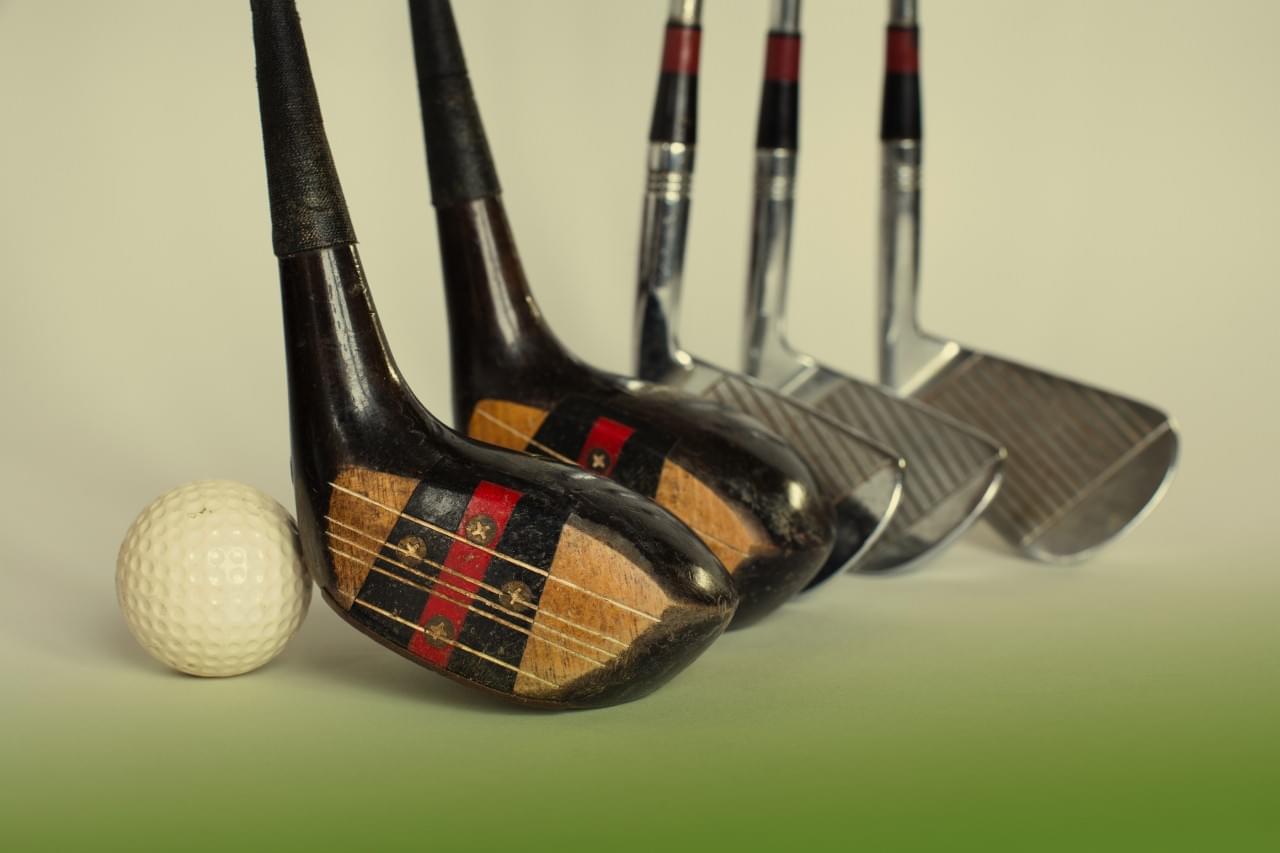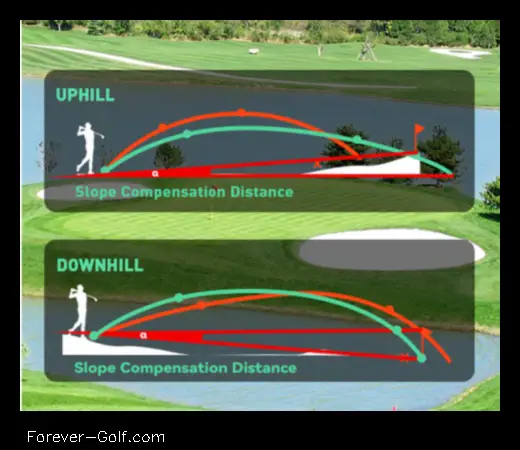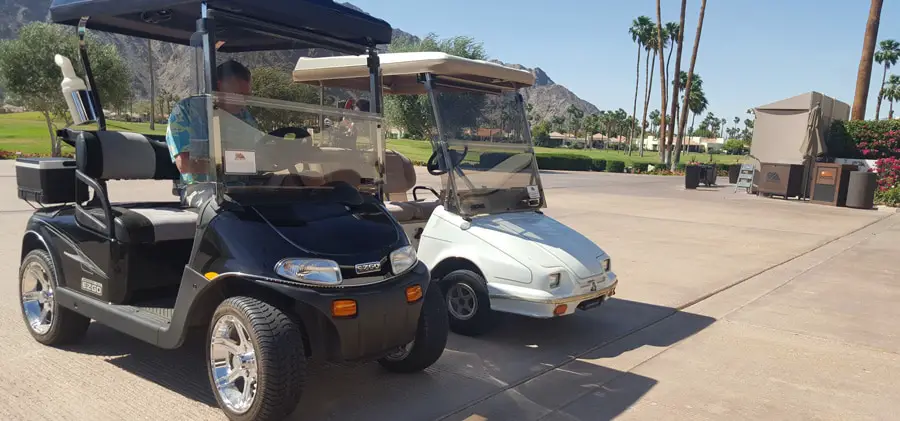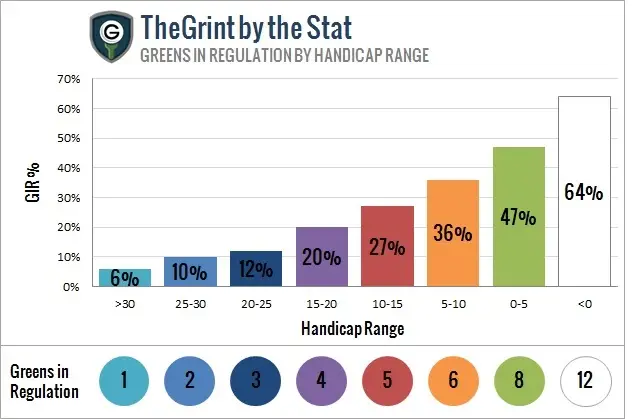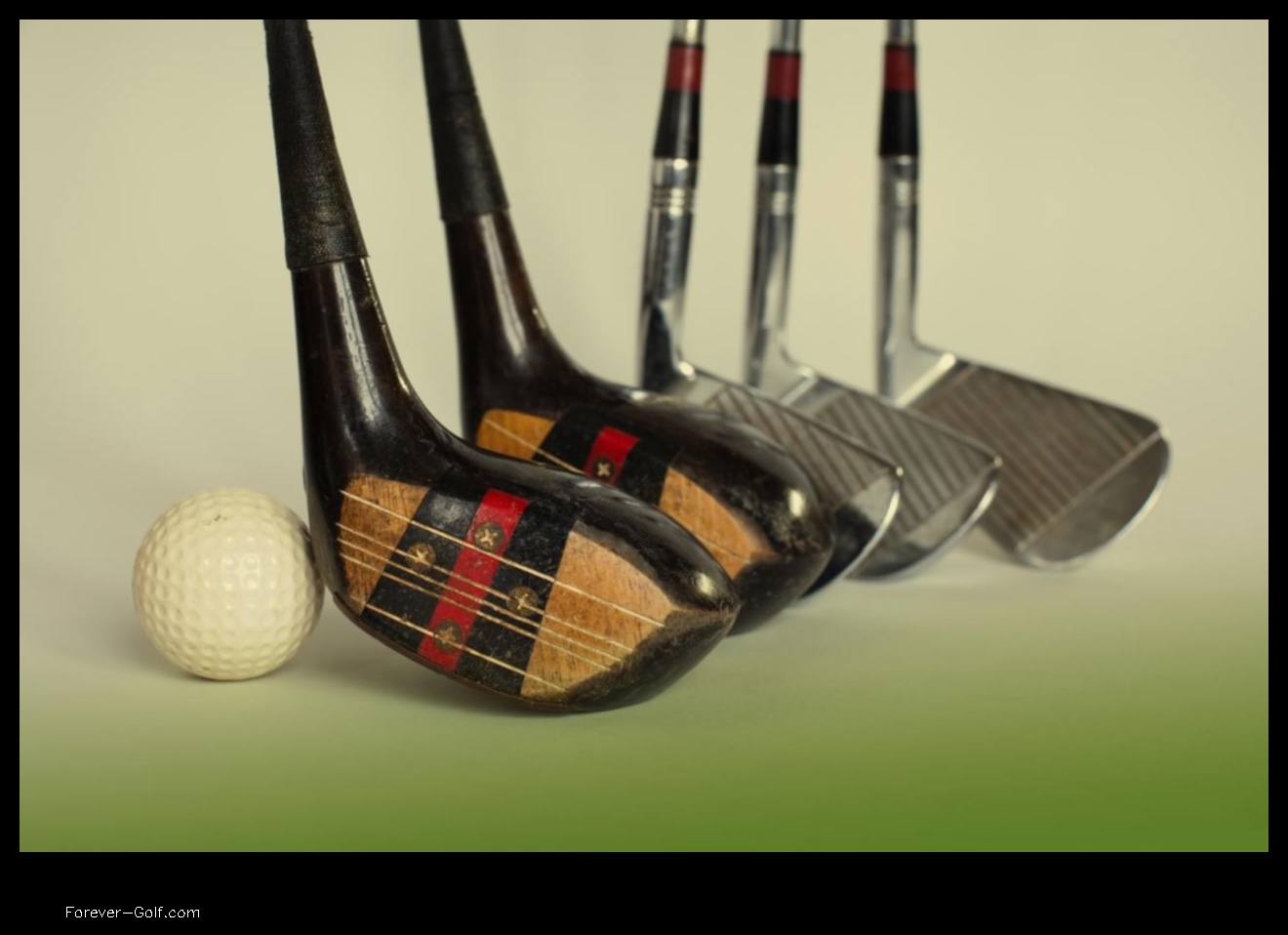
| Feature | Donate Golf Clubs | Recycle Golf Clubs | Repurpose Golf Clubs | Sell Golf Clubs | Trade in Golf Clubs |
|---|---|---|---|---|---|
| Environmental Impact | Positive | Positive | Positive | Positive | Positive |
| Financial Impact | No Cost | No Cost | Potential Profit | Potential Profit | Potential Profit |
| Effort Required | Low | Moderate | High | Moderate | Low |
| Time Required | Low | Moderate | High | Moderate | Low |
| Overall Rating | 4 out of 5 | 3 out of 5 | 4 out of 5 | 3 out of 5 | 4 out of 5 |
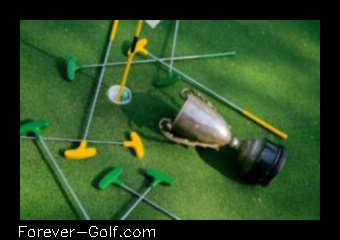
Benefits of Recycling Golf Clubs
There are many benefits to recycling golf clubs, including:
Environmental benefits: Recycling golf clubs helps to reduce the amount of waste sent to landfills. Golf clubs are made from a variety of materials, including metal, plastic, and rubber, all of which can be recycled.
Economic benefits: Recycling golf clubs can help to save money. The cost of recycling golf clubs is typically much lower than the cost of buying new golf clubs.
Social benefits: Recycling golf clubs can help to create jobs. The recycling industry employs a large number of people, and recycling golf clubs can help to create new jobs.
Health benefits: Recycling golf clubs can help to improve the health of the environment. When golf clubs are recycled, they are not released into the environment as pollutants. This can help to improve air quality and reduce the risk of water contamination.
3. How to Recycle Golf Clubs
There are a few different ways to recycle golf clubs. You can:
* Donate them to a local charity or thrift store.
* Sell them online or at a garage sale.
* Recycle them through a local recycling program.
If you choose to donate your golf clubs, make sure to contact the charity or thrift store in advance to make sure they accept golf clubs. Some charities may only accept golf clubs in good condition, while others may accept golf clubs of any condition.
If you choose to sell your golf clubs, you can do so online or at a garage sale. When selling your golf clubs online, be sure to take clear photos of the clubs and include a detailed description of their condition. You can also sell your golf clubs at a garage sale.
If you choose to recycle your golf clubs, you can do so through a local recycling program. Most communities have a recycling program that accepts golf clubs. You can find out if your community has a recycling program by contacting your local recycling center.
When recycling your golf clubs, be sure to remove the grips and any other metal parts. You can then place the golf clubs in a recycling bin or take them to a local recycling center.
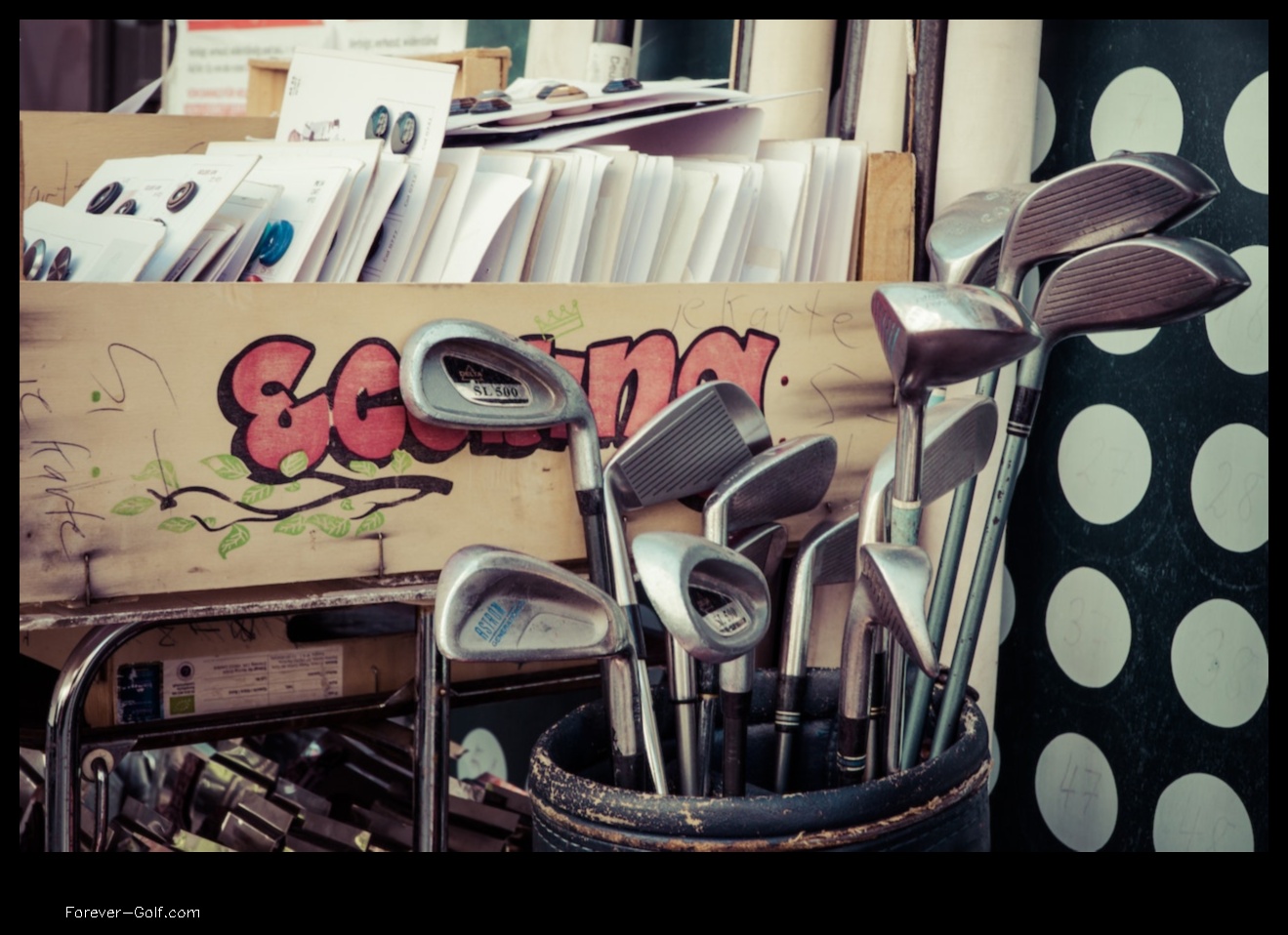
4. Where to Recycle Golf Clubs
There are a number of places where you can recycle golf clubs, including:
* Local recycling centers
* Golf courses
* Sporting goods stores
* Online recycling programs
When recycling golf clubs, it is important to remove any metal components, such as the shafts and heads. These components can be recycled separately from the rest of the club.
Once you have removed the metal components, you can recycle the rest of the club by placing it in a recycling bin at a local recycling center. Many golf courses also have recycling bins for golf clubs, so you can drop off your clubs there if you are a member of the course.
If you do not have access to a local recycling center or golf course, you can also recycle your golf clubs through an online recycling program. These programs typically charge a fee to recycle golf clubs, but they can be a convenient option if you do not have other options.
Here are some of the online recycling programs that accept golf clubs:
* Golf Club Recycling
* Golf Recyclers
* Golfsmith
* TaylorMade
By recycling your golf clubs, you can help to protect the environment and keep these valuable materials out of landfills.
5. The Best Golf Clubs to Recycle
The best golf clubs to recycle are those that are made from high-quality materials, such as stainless steel or titanium. These materials are recyclable and can be used to make new golf clubs or other products. Golf clubs that are made from lower-quality materials, such as plastic or wood, are not as recyclable and may not be accepted by recycling programs.
When choosing golf clubs to recycle, it is important to consider the following factors:
- The material the clubs are made from
- The condition of the clubs
- The availability of a recycling program in your area
If you are not sure whether a particular set of golf clubs can be recycled, it is best to contact your local recycling center or municipality.
6. The Worst Golf Clubs to Recycle
The worst golf clubs to recycle are those that are made of materials that are not recyclable. These materials include:
* Steel
* Titanium
* Tungsten
* Graphite
These materials are not recyclable because they cannot be broken down into their constituent elements and reused. As a result, they end up in landfills, where they can take hundreds of years to decompose.
If you have any golf clubs that are made of these materials, you should not recycle them. Instead, you should dispose of them in a way that ensures that they will not end up in a landfill. This could include donating them to a thrift store or recycling them through a program that accepts golf clubs made of non-recyclable materials.
7. Golf Clubs Recycling Myths
There are a number of myths about golf clubs recycling that can prevent people from recycling their old clubs. Here are some of the most common myths, and the facts behind them:
Myth: Golf clubs are not recyclable.
Fact: Golf clubs are recyclable, and many local recycling programs accept them.
Myth: Golf clubs are made of a special material that cannot be recycled.
Fact: Golf clubs are made of a variety of materials, including metal, plastic, and rubber, all of which can be recycled.
Myth: Recycling golf clubs is not worth the effort.
Fact: Recycling golf clubs is a simple process that can have a big impact on the environment.
Myth: Golf clubs are too expensive to recycle.
Fact: Recycling golf clubs is free at most local recycling programs.
By understanding the facts about golf clubs recycling, you can help to dispel these myths and encourage more people to recycle their old clubs.
Golf Clubs Recycling Trends
The golf clubs recycling industry is growing rapidly, as more and more people become aware of the environmental benefits of recycling. In the past, golf clubs were often discarded in landfills, where they could take hundreds of years to decompose. However, today, there are a number of recycling programs available that can turn old golf clubs into new products, such as furniture, flooring, and even compost.
One of the most popular trends in golf clubs recycling is the use of old golf clubs to make furniture. Golf clubs are made from a variety of materials, including steel, aluminum, and graphite, all of which can be recycled into new products. Furniture made from recycled golf clubs is often strong and durable, and it can also be a stylish way to add a touch of personality to your home.
Another popular trend in golf clubs recycling is the use of old golf clubs to make flooring. Golf clubs are made from a variety of materials, including steel, aluminum, and graphite, all of which can be recycled into new products. Flooring made from recycled golf clubs is often durable and long-lasting, and it can also be a stylish way to add a touch of personality to your home.
Finally, golf clubs can also be recycled into compost. Compost is a mixture of organic materials that can be used to improve soil quality and plant growth. Golf clubs are made from a variety of materials, including wood, rubber, and plastic, all of which can be composted. Compost made from recycled golf clubs can help to improve the quality of your soil and help your plants to grow better.
The golf clubs recycling industry is growing rapidly, and there are a number of ways to recycle old golf clubs. By recycling your old golf clubs, you can help to protect the environment and create new products from recycled materials.
9. The Future of Golf Clubs Recycling
The future of golf clubs recycling is bright. As more and more people become aware of the environmental impact of throwing away old golf clubs, the demand for recycling programs will continue to grow. In addition, new technologies are being developed that make it easier and more efficient to recycle golf clubs.
Here are some of the key trends that are shaping the future of golf clubs recycling:
- Increased awareness of the environmental impact of throwing away old golf clubs
- Growing demand for recycling programs
- Development of new technologies for recycling golf clubs
- Increased government regulation of golf clubs recycling
As these trends continue to develop, the future of golf clubs recycling looks increasingly bright. With more and more people working to make golf clubs a more sustainable product, we can expect to see a significant decrease in the amount of golf clubs that end up in landfills.
FAQ
Q: What are the benefits of recycling golf clubs?
A: There are many benefits to recycling golf clubs, including:
Environmental benefits: Recycling golf clubs helps to reduce the amount of waste sent to landfills. Golf clubs are made from a variety of materials, including metal, plastic, and rubber, all of which can be recycled.
Economic benefits: Recycling golf clubs can help to save money. The cost of recycling golf clubs is often less than the cost of disposing of them in a landfill.
Social benefits: Recycling golf clubs can help to create jobs and stimulate the economy. The recycling industry creates jobs for people who collect, sort, and process recyclable materials.
Q: What are the steps involved in recycling golf clubs?
A: The steps involved in recycling golf clubs are as follows:
1. Collect golf clubs from golfers, golf courses, and other sources.
2. Sort golf clubs by material type.
3. Process golf clubs into raw materials.
4. Use raw materials to create new products.
Q: Where can I recycle golf clubs?
A: There are a number of places where you can recycle golf clubs, including:
Local recycling centers: Many local recycling centers accept golf clubs for recycling.
Golf courses: Some golf courses have recycling programs for golf clubs.
Online retailers: Some online retailers offer recycling programs for golf clubs.
We hope this FAQ has been helpful. If you have any other questions about recycling golf clubs, please feel free to contact us.
- Where Was the First Topgolf in the English Language - April 5, 2024
- Topgolf Back Net Distance How Far Is It - April 5, 2024
- Top Golf Where to Find the Best Golf Experiences Outside of the U.S. - April 5, 2024
